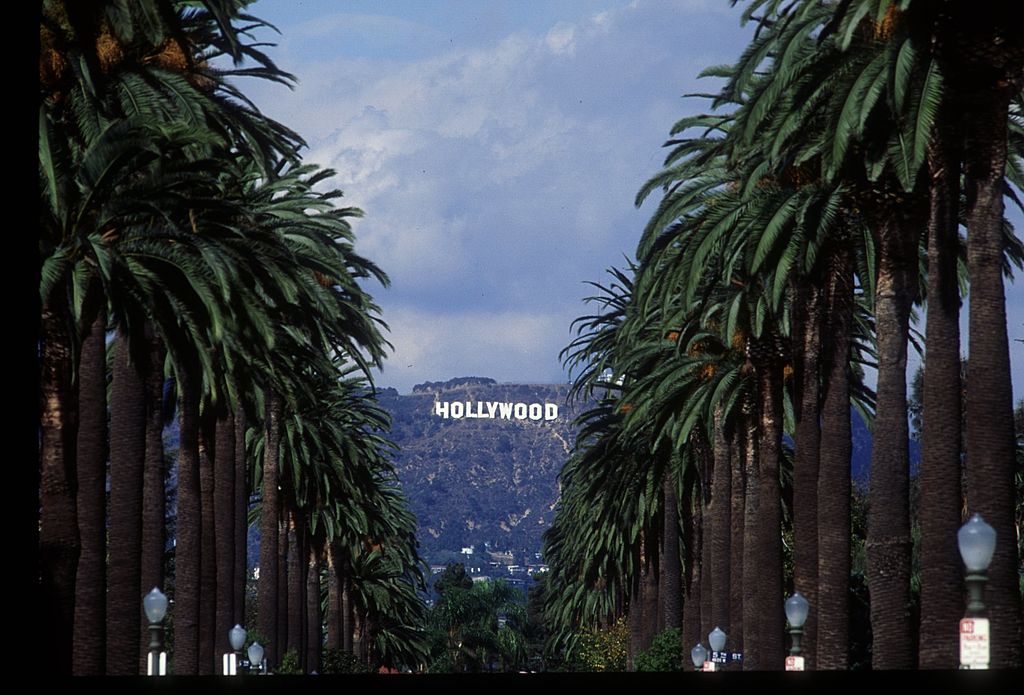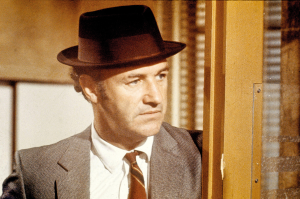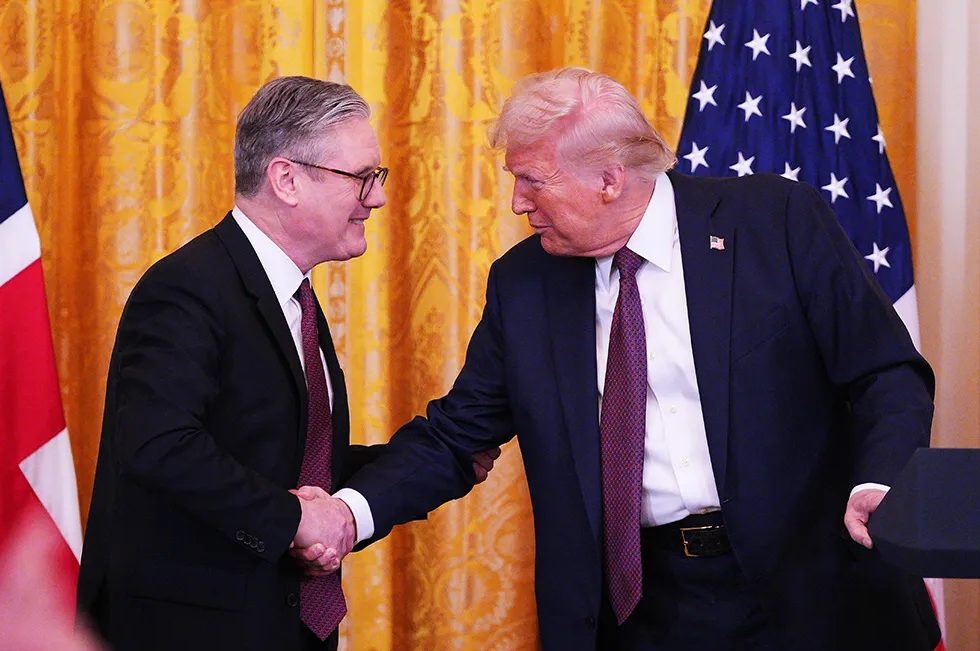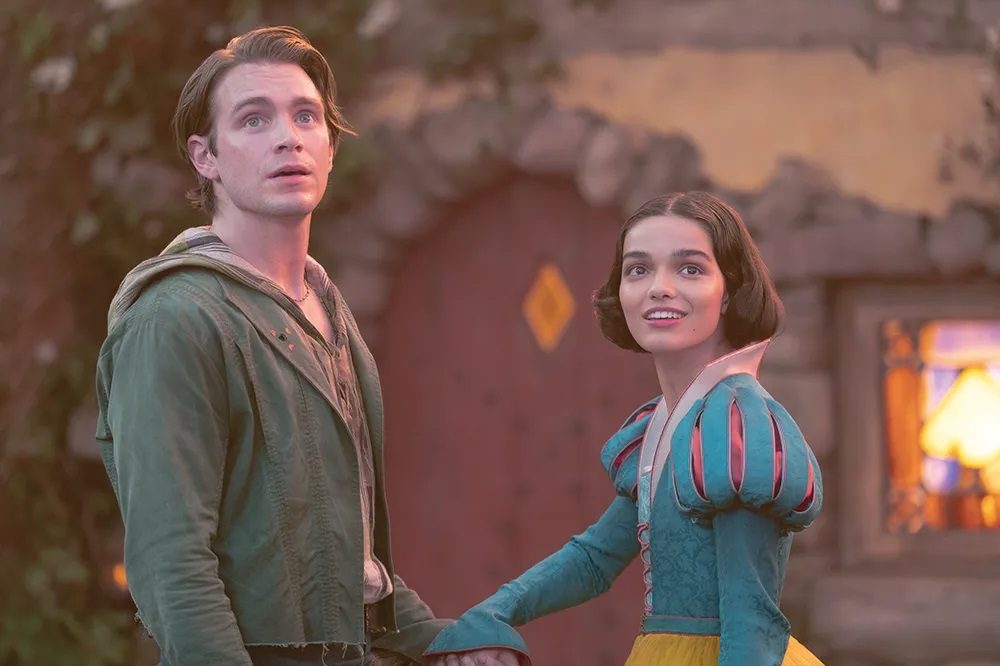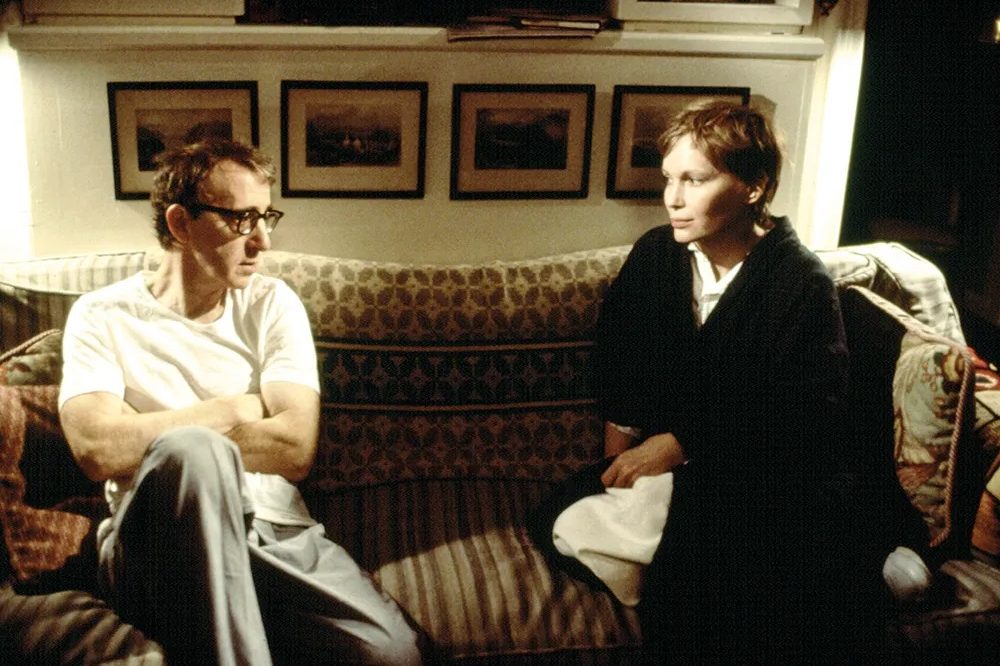I worked in Hollywood for most of my adult life. My mom’s an actress and my dad, John Milius, was a writer and a director. He was notoriously right-wing but it’s not like my politics were identical to his for my whole life. I had a very bratty, rebellious teenage phase that extended well into my early twenties, but it wasn’t really about politics, it was really more about lifestyle. Before 2015, you could have relationships and friendships with people, and you might not even know what someone’s politics were. It’s hard to even remember that time. My politics kind of came out of a lot of things that I saw. My home, Los Angeles, turned into a wasteland really fast. My brother is a big prosecutor in LA: a Law and Order situation in a town that is decaying rather quickly. Most people, they love Los Angeles. I can hardly stand to be there. I hate being there.
When 2016 rolled around, I was way too interested. I left Hollywood entirely and worked for the Trump administration for three and a half years. It was a culture shock — I had to buy new clothes, because you can’t wear jeans to work in the White House — but once I embraced it, I really got into it. I liked the professionalism, because it’s so different from LA. DC is where style goes to die, and I was OK with that. I’d had enough of everything everyone thought was hip and cool, and I was ready to embrace whatever the opposite of that was. It was an amazing time. How many people get to work in the White House? It’s an incredible thing, a great honor.
Russiagate seemed like a very badly written script from the Eighties. It was weird being the daughter of the guy that wrote Red Dawn, supposedly the most Red-scare story ever, looking at this and thinking, “This is total hogwash. What is going on?” Certain friends of mine pulled me aside and were like, “Hey, you need to see this book, The Plot Against the President, by Lee Smith. This is the real story.” I saw the manuscript for forty-eight hours. A friend said, “We need to make this into a movie, you know how to do that, right?” And I was like, “Well, it’s a little more complicated than that. I used to do it, but I don’t know if I can still do it.” You don’t leave Hollywood and then expect a warm welcome, but it turned out we could do it on our own. I resigned in March 2020 and immediately formed a company and started making The Plot Against the President.
There’s not one thing in my movie that has been proven false or even challenged. The New York Times will review all kinds of cockamamie conservative movies and call them terrible, but that’s because they’re no threat whereas my movie’s actually good. They won’t even go near it because they don’t want anybody to see it. Amazon changed their rules after we did so well with the movie. I mean, it’s still the number one doc on Amazon but, after our movie, they won’t take documentaries that they haven’t solicited. We didn’t know the movie would be so successful. I speak at a lot of events these days: I think I’ve cornered the market in being a national conservative who actually knows anything about the entertainment industry. This wasn’t just a one-off project: we have a fund that over three or four years will make seven more documentaries. The idea is to create an entire generation of moviemakers. I love conservative movies, but it’s rare that the people who make them are trained in making them. As it turns out, there is a technique and rules that one ought to abide by. They actually make the movie better.
I’m now working on adapting No Domain, Mark Eglinton’s book about John McAfee. People ask “How did you go from doing this Russiagate movie wherethe hero is Devin Nunez to doing one on McAfee?” To me, it makes a ton of sense. The character quality that I’m looking at is the courage to be your own man, to risk being unpopular, and stand against the machine. McAfee is Kurtz in Apocalypse Now: he took the boat up the river and didn’t come back. I really connect to this kind of character, and it’s rare. We were able to option the thirty-five-plus hours of tapes of McAfee’s last heart-to-heart interview, him basically narrating his own life, and they’re incredible. You don’t know what’s true, and it doesn’t matter. He’s a storyteller. McAfee, in a sense, was like my dad would have been — if he was still writing now, he would write a John McAfee.
I just got back from LA. The funny thing about Hollywood is, if you have a property that they’re really interested in and certain actors are really interested in playing in it, everyone’s memory about your last five years of employment seems to disappear. So we’ll see. But either way, we can do all these things without their permission. Our audience is so dedicated, they will find the product. I don’t need any of these big platforms and their advertising, because I can advertise myself. Which was always the idea: to create a production company that can make quality content without asking for permission from the powers-that-be in Hollywood.
Amanda Milius is the founder of AMDC Films and the director of The Plot Against the President. This article was originally published in The Spectator’s April 2022 World edition.



